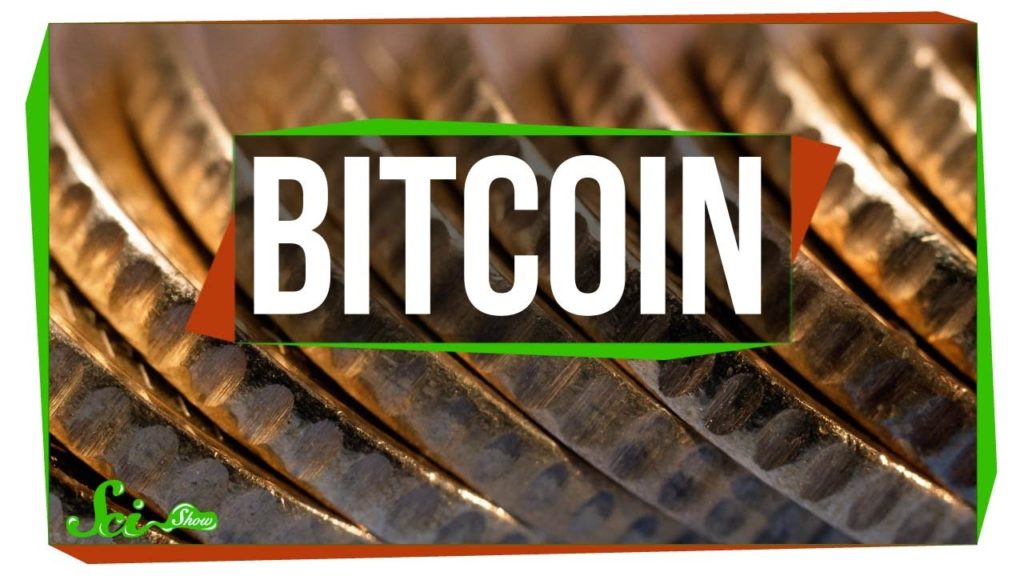Bitcoin: How Cryptocurrencies Work

Contents
What is Bitcoin?
Bitcoin is a type of digital currency in which a record of transactions is maintained and new units of currency are generated by the computational solution of mathematical problems, and which operates independently of a central bank.
How does it work?
Each bitcoin is basically a computer file which is stored in a ‘digital wallet’ app on a smartphone or computer. People can send Bitcoins (or part of one) to your digital wallet, and you can send Bitcoins to other people. Every single transaction is recorded in a public list called the blockchain. This makes it possible to trace the history of Bitcoins to stop people from spending coins they do not own, making copies, or undo-ing transactions.
A cryptocurrency is a medium of exchange, such as the US dollar, but is digital and uses encryption techniques to control the creation of monetary units and to verify the transfer of funds. A blockchain is a decentralized ledger of all transactions across a peer-to-peer network. Using this technology, participants can confirm transactions without a need for a central clearing authority.
Working of Blockchain
1- All network participants have access to the distributed ledger and its immutable record of transactions. With this shared ledger, transactions are recorded only once, eliminating the duplication of effort that’s typical of traditional business networks. The transaction shows the movement of bitcoin.
2- No participant can change or tamper with a transaction after it’s been recorded to the shared ledger. If a transaction record includes an error, a new transaction must be added to reverse the error, and both transactions are then visible. These blocks form a chain of data, as the bitcoin moves from place-to-place or ownership changes hands.
3- Each additional block strengthens the verification of the previous block and hence the entire blockchain. This prevents the blockchain to be tampered by any malicious act and builds a ledger of transactions you and other network members can trust.
Why are Bitcoins also considered cryptocurrencies?
The generation of a bitcoin address begins with the generation of a private key. From there, its corresponding public key can be derived using a known algorithm. The address, which can then be used in transactions, is a shorter, representative form of the public key. The private key is what grants a cryptocurrency user ownership of the funds at a given address. The Blockchain wallet automatically generates and stores private keys for you. When you send from a Blockchain wallet, the software signs the transaction with your private key. If the public key works, it is proof that the message was associated with the respective private key.
Bitcoin Miners and Hash Algorithm
Mining was introduced as the solution to the double-spend problem. If someone has 1 Bitcoin and sends it to another person, and then try sending that same Bitcoin to someone else also, the network ensures that only one transaction will be accepted. It does this through the well-known process called mining.
A cryptographic hash function is a mathematical function that, simply put, takes any input and maps it to a fixed-size string. However, there are four special properties of these functions that make them invaluable to the Bitcoin network. They are:
- Deterministic — for any input into the cryptographic hash function, the resulting output will always be the same.
- Unique — Every input into the function should result in a completely random and unique output (in other words, no two inputs result in the same output)
- Irreversible — Given an output of a hash function, the original input is unable to be obtained
The incentive for maintaining the blockchain
The miners, who keep the ledger updated are awarded 12.5 bitcoins in their account for every block they add to a blockchain. As of November 10th, 2016, 1 bitcoin is worth 708 US Dollars, so 12.5 bitcoins are worth $8850. Miners are also tipped with a small amount for every transaction they add to a ledger. Every 2,10,000 blocks, the number of coins generated when a new block is added goes down by half.
Is Bitcoin a good investment?
You can easily trade bitcoin for cash or assets like gold instantly with incredibly low fees. The high liquidity associated with bitcoin makes it a great investment vessel if you’re looking for short-term profit. Digital currencies may also be a long-term investment due to their high market demand. So, considering your finances figure out whether you should invest or not.






Responses